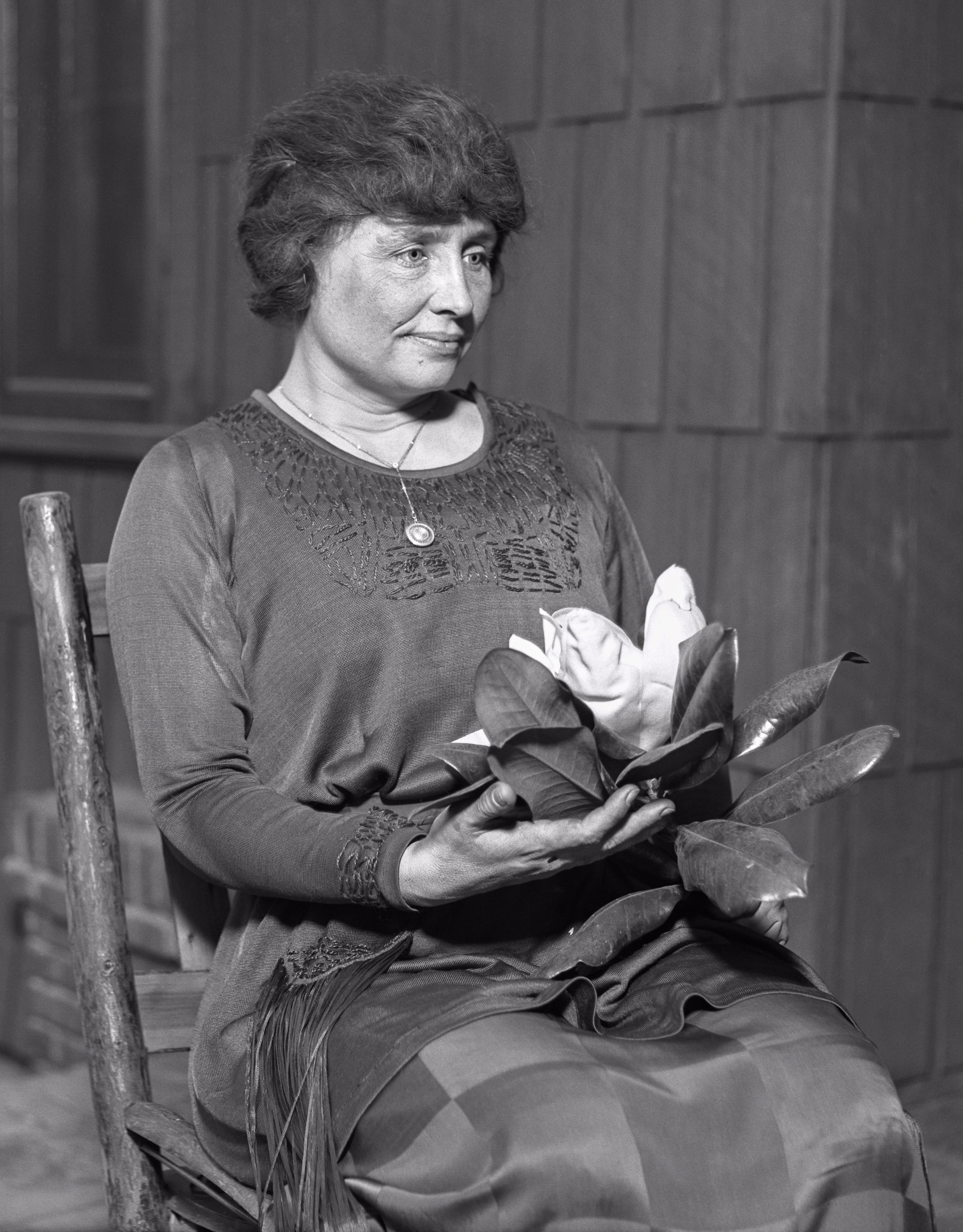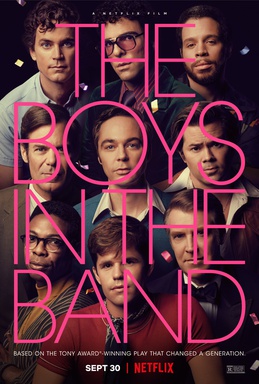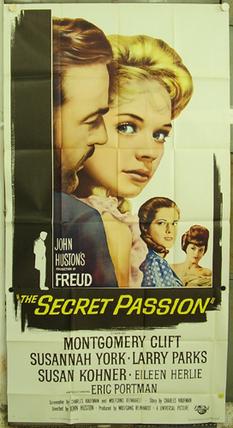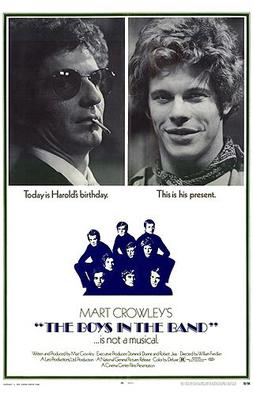The story of Helen Keller is probably best known through the biopic The Miracle Worker. Long before that, however, Keller herself appeared in her own story in Deliverance. This silent film gives us a glimpse into Keller's story, albeit at times still bound by the style and customs of the times it was made.
Broken into three acts: Childhood, Maidenhood and Womanhood, audiences learn about what first befell little Helen Keller. A childhood illness left her in the words of the title card "Blind--Deaf--and Dumb". Devasted, it looks like Helen Keller will be condemned to a life of darkness until they reached out to Dr. Alexander Graham Bell, who in turn got them to contact Anne Sullivan.
Sullivan was able to pierce through the fog that covered Keller's world. With the veil lifting as much as possible, Keller would also learn to not just read and write, but also speak! Her first words were, "I--am--not--dumb--NOW!". She goes on to Radcliffe and entertains such luminaries as Mark Twain. We see Keller's visions of the stories she reads, such as those of Odysseus, reenacted before our eyes.
Finally, we see Helen Keller and Anne Sullivan play themselves, along with Keller's family, as they lead the world into the fight for independence. Keller's own story is a counter to that of Nadja, her frenemy who has all her senses but no sense. Despite having advantages Keller does not, she ends up a seamstress whose son loses his sight in the First World War. She turns to her friend Helen Keller to help, which Keller eagerly does. Metaphorically if not literally leading troops into battle against ignorance, Helen Keller pushes on.
One element that surprised me about Deliverance is how long it felt despite being a mere 90 minutes. I think the film felt long because of some truly curious moments. I imagine that the recreations of Odysseus' time with Circe were meant to show us what Keller's imagination looked like. Looking at it over a century later, these scenes just felt like padding, and a curious padding at that. There are also reenactments of Washington and the Battle of Bunker Hill that come off as basically strange. There is context to these moments (Keller and Sullivan are visiting these places). However, it does take away from how almost nutty it looks.
I also wonder if we needed that counter story about Najda to contrast Keller's own. I think Keller's story is inspirational enough without having this nasty little girl be a counter to the sweet little Helen.
Deliverance also suffers from the prevailing attitudes of the times. The black people at the Keller home look like they are literal slaves on a plantation. While Keller was a descendant of slaveowners, slavery had been abolished fifteen years before her birth. Deliverance, however, makes it look like this started in the antebellum South. The title cards for whenever an African American character speaks is also tinged with "ethnic" dialect. "Marse Keller, it am the sweetest li'l chile in de world", a Mammy-type figure remarks. The use of "Marse" (read: Master) is bad enough. Everything else involving the black characters is very questionable.
Again, Deliverance should be judged by the times it was presented. As such, a little grace is needed when watching.
What is fascinating is the third act, when we see the real Helen Keller and Anne Sullivan interact on camera. We see Keller navigating her life, using sign language, even typing. Deliverance is perhaps one of the first films where the subject of a biopic played herself, if only in the third act. Still, having a visual record of this most fascinating and controversial figures of the twentieth century is still something to marvel at.
Deliverance does have the flaw of the overtly theatrical acting manner that plagued early silent films.
It is amusing now that, intentional or not, there was a brief surge in "Helen Keller Truthers" among Gen Z. Apparently, there were some young people who could or would not believe that a deaf, blind and mute woman could read or write fourteen books, let alone fly a plane (which we do see in Deliverance, though Keller herself was not actually flying the plane solo). Some even doubted that she actually existed. Others, to my amusement, stated that she was despite her disabilities just another privileged white woman. She, according to them, never heard "no" when applying for jobs or got pulled over for driving.
I'll leave aside the thought of how in a sense, these "truthers" are right that she never did hear the word "no". I do not know if she ever got pulled over for driving though.
I doubt any of these very misinformed people would sit through a silent film like Deliverance. However, as an early record of Helen Keller, Deliverance is a fascinating glimpse into a fascinating woman.
 |
| 1880-1968 |
.jpg)











.jpg)




_poster.png)




